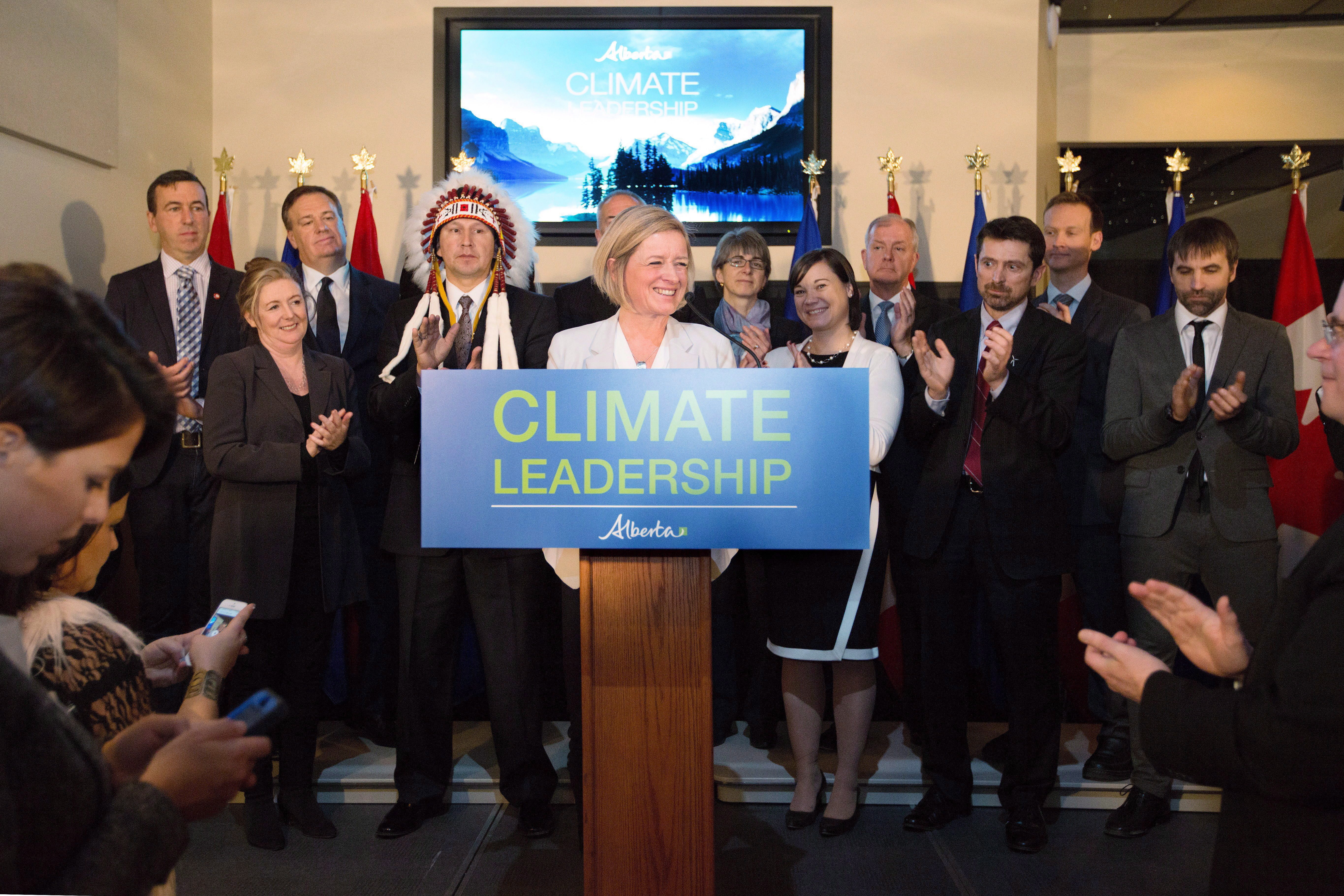Aug 31, 2018
Trudeau in ‘very difficult spot’ in battle to save Trans Mountain expansion

Trans Mountain might be on life support, but burying it alongside the likes of Northern Gateway and Energy East would be premature.
Facing criticism from across the political spectrum after the Federal Court of Appeal revoked Ottawa’s approval Thursday, Prime Minister Justin Trudeau is under intense pressure to find a path forward for the multibillion-dollar oil sands pipeline expansion plan. Multiple options exist for the federal government, but doing nothing would allow blame to continue piling up from both sides of the pipeline debate.
“He is in a very difficult spot,” Alberta Senator Doug Black said of the prime minister in a telephone interview from Calgary. “The anger in this province is palatable.”
Those on the left can now argue Trudeau paid insufficient attention to their concerns over increased tanker traffic and inadequate consultations with First Nations as the court has vindicated those claims. Those on the right, meanwhile, can fault the prime minister for spending 4.5-billion taxpayer dollars on a transaction that now looks a lot less profitable than it did even a few days ago.
- Federal court quashes Trans Mountain approval in setback for Trudeau
- Morneau vows Trans Mountain ‘will be built’ despite court ruling
- 'The final death knell': Experts react to Trans Mountain court ruling
RELATED
Tempers are running high, with noted Canadian energy bull Eric Nuttall being among those calling for Trudeau to take what he calls the “nuclear” option by introducing special legislation designed to override the court and get construction restarted immediately. Gwyn Morgan, former CEO of Encana, told BNN Bloomberg in an interview Thursday that would be the ideal solution.
“[The federal government] should exercise their right under the constitution that gives them authority over projects that are in the national interest,” Morgan said. “That is vital because that is a constitutional issue and it is there in front of them and the constitution says they can do it.”
Questions over whether Ottawa truly possesses such power aside, even Canadian energy industry insiders are not sold on that potential solution.
“It would be super heavy-handed and I’m not sure it moves the bar the way we want it to go,” Richard Masson, former CEO of the Alberta Petroleum Marketing Commission, told BNN Bloomberg via telephone. “Even if legally speaking it could work, if you give those opponents that stick to beat you with during the next two or three years of the construction phase, that just is not going to sit well.”
Trans Mountain has emerged as the ultimate test of Trudeau’s oft-repeated line about the environment and the economy going “hand in hand.” Oil industry leaders like Suncor CEO Steve Williams and Canadian Natural Resources founder Murray Edwards happily stood behind Alberta Premier Rachel Notley when, in November of 2015, she unveiled a climate change action plan that included the province’s first-ever carbon tax, laying the foundation for the federal plan that came the following year.
Notley managed to win their support at least in part by convincing them that by backing stronger environmental protection they’d improve the odds the Trans Mountain expansion would eventually see the light of day. By pulling her province out of the federal climate plan on Thursday in direct response to the court ruling, Notley has indicated those odds have fundamentally changed.

Taking the so-called “nuclear” option would effectively mean picking the economy over the environment. Even Black, who authored a bill declaring Trans Mountain being to the “general advantage” of Canada – which passed the Senate in May and is currently on the order paper in the House of Commons – argues it would be best to avoid a direct confrontation with the courts.
“I am very interested in exploring, in line with the court’s decision, how best to meet the hurdles that have been put before us now,” Black told BNN Bloomberg. “I would caution folks that we do have a decision of a very senior court and you can agree with it or you can disagree with it, but we have a decision and the judge did issue a recommended path forward [and] it would be prudent to give it due consideration.”
In the ruling handed down Thursday, Federal Court of Appeals Justice Eleanor Dawson did offer the feds a way out of the current mess.
“The concerns of the Indigenous applications, communicated to Canada, are specific and focussed. This means that the dialogue Canada must engage in can also be specific and focussed,” Dawson wrote in paragraph 772 of her decision. “This may serve to make the corrected consultation process brief and efficient while ensuring it is meaningful. The end result may be a short delay, but, through possible accommodation the corrected consultation may further the objective of reconciliation with Indigenous peoples.”
With the Trudeau Liberals due to face a contentious reelection campaign, Black and others argue Trudeau must pick a path forward – whether that means more consultations, appealing to the Supreme Court, invoking constitutional authority or another as-yet-unknown option – and begin walking without delay.
“Time is not our friend here,” Black said. “We must endeavor to solve this tremendous problem.”



